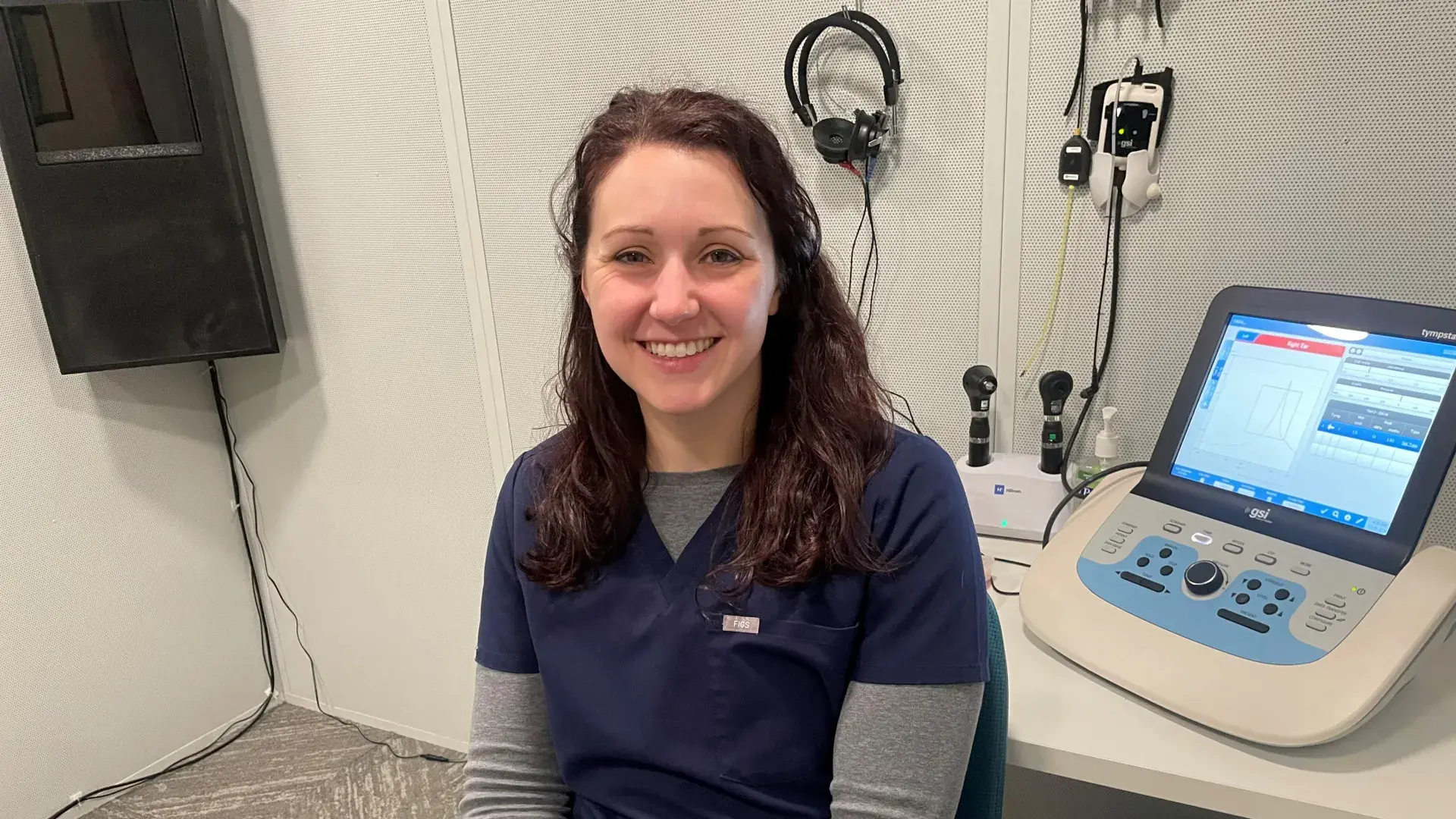
Watching firework shows is a traditional way to celebrate July Fourth, but being exposed to the loud noise of fireworks for an extended period can cause temporary or permanent hearing loss. Audiologist Emily Jo Venskytis, an assistant professor for the MGH Institute’s Doctor of Audiology program, shares tips for how people can protect their ears this Independence Day
How does watching fireworks impact people’s hearing?
Two questions to think about with noise-induced hearing loss are: “How loud?” and “How long?” The louder the noise is and the longer you hear it, the more likely you are to experience hearing loss. If you’re watching fireworks from very far away, or if it’s a very short firework show, you’re less likely to encounter hearing loss, but there is a risk with any loud noise that you’ll damage your hearing.
How can people prevent hearing loss this Fourth of July?
Earplugs are a great option. For adults, using disposable foam earplugs works perfectly, and it helps if you can roll them up and get them deep into your ears. For kids, there are great over-the-ear earmuffs that look just like over-the-ear headphones. Kids are more sensitive to noise than adults, so it’s important to protect their hearing.
If you find you’re in noisy situations often, audiologists can make custom earplugs that come in fun colors and shapes. We can even put special filters in them, so if you play an instrument or sing, you can hear what you want to hear while still protecting your hearing.
How can people tell when to put on hearing protection?
There’s many great sound meter apps where you can determine how loud a sound is. I use Decibel X, which has a noise thermometer that indicates if a sound is too loud. Based on what the app says, you can move yourself further away from the noise or put on hearing protection.
If you want to decide if the noise is too loud without doing anything fancy, if you're able to have a conversation with someone while the fireworks are going on without having to raise your voice, then the volume is probably at a good level. If you need to raise your voice for the person next to you to hear you, that's a good way to indicate that you need to wear some hearing protection.
